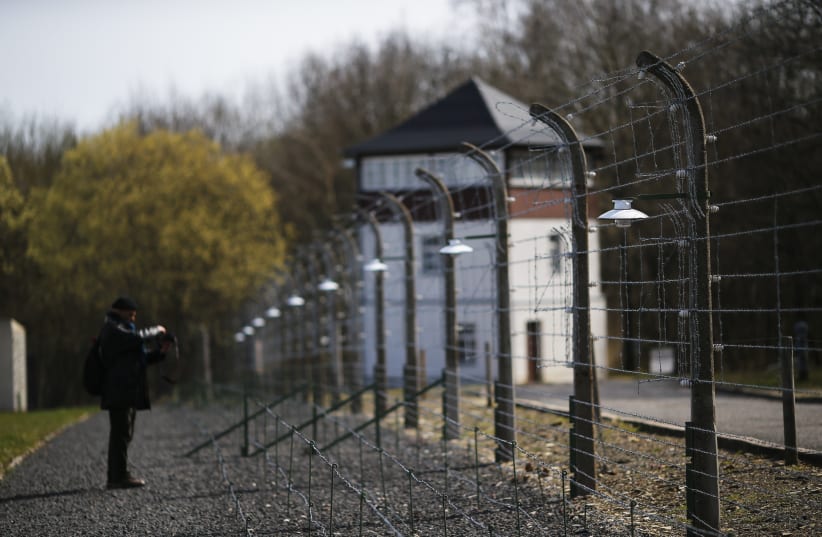In addition to the marking of the liberation, authorities in the state also published its "Thuringian Declaration" condemning the rise of far-right nationalism and neo-Nazism in the country.
"We know and seriously appreciate that Germany did not free itself from National Socialism by dint of its own efforts; that a large number of crimes went unpunished; and that too many perpetrators and criminals could continue their lives after 1945 as though nothing had happened," the declaration states.
The declaration was signed by top officials in Thuringia, such as Thuringian State Premier Bodo Ramelow, Buchenwald memorial site head Volkhard Knigge, and Buchenwald survivors Ivan Ivanji, Eva Fahidi-Pusztei and Naftali Fürst.
Due to the rise of far-right extremism, the signatories of the document say that "right-wing radicalism and authoritarianism is on the rise, as is a form of populism emboldened by a racially-motivated superiority complex, nationalism."
"Racism and antisemitism are openly propagated and have led to acts of violence in Germany that would have been inconceivable even several years ago, Yesterday's destructive poisons are once again being touted as a universal remedy for society's ills," the document notes.
56,000 people were murdered at Buchenwald and its satellite installation Dora before it was freed by US soldiers in April 1945.
